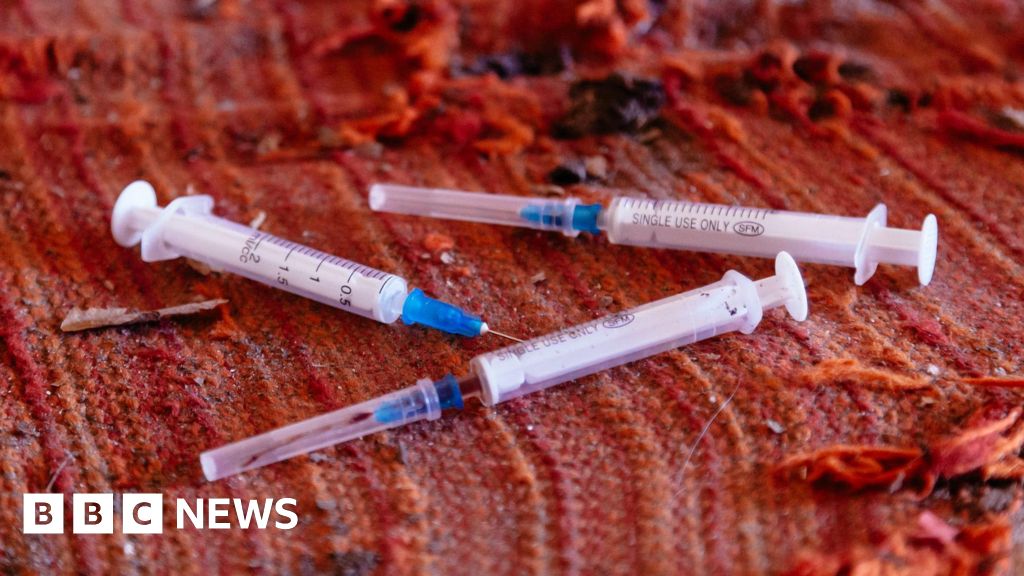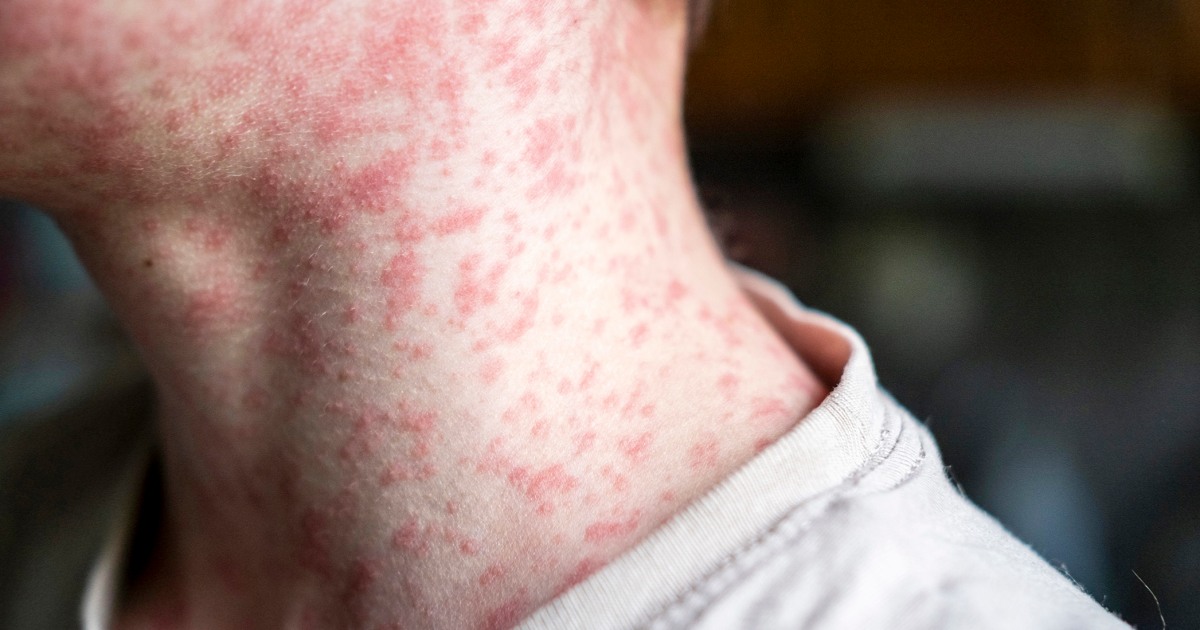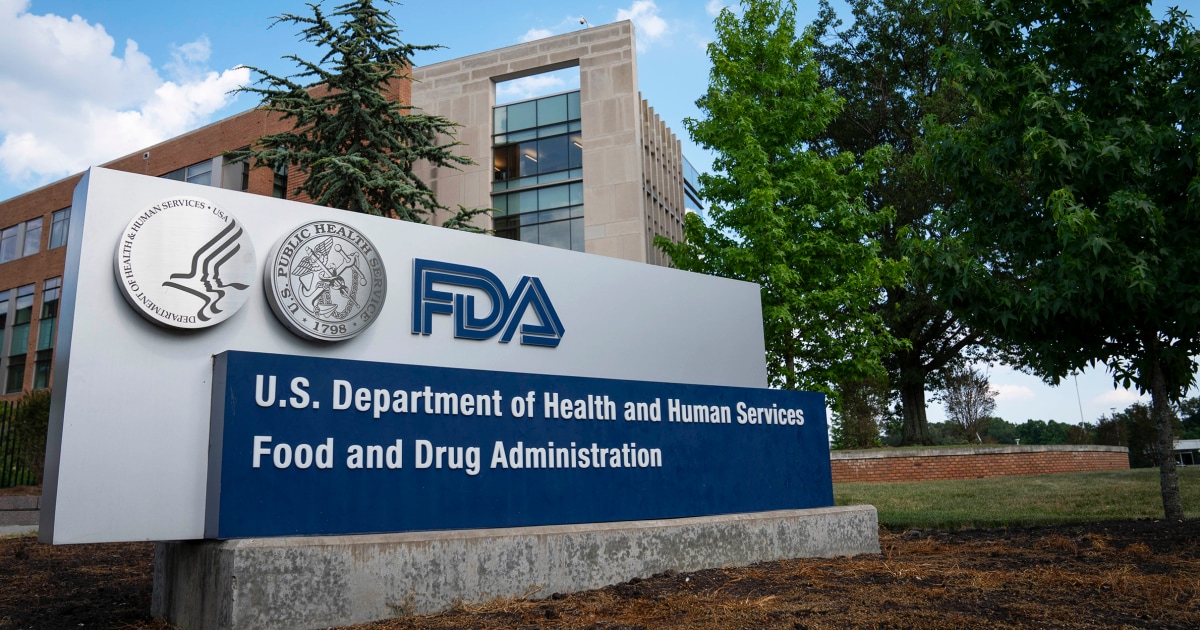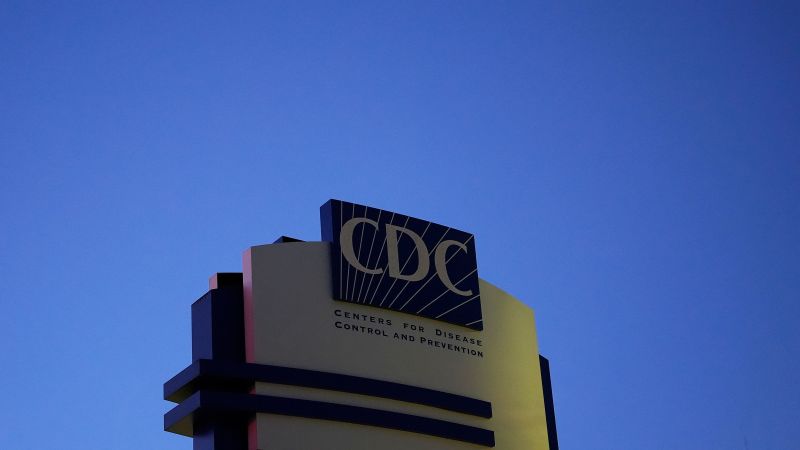Fiji HIV Surge Linked to Risk Behaviors and Response Gaps

Fiji Faces Rapid HIV Increase Linked to Risk Behaviors
Fiji is confronting one of the fastest-growing HIV epidemics globally, with new infections surging dramatically. In 2024 alone, the country recorded 1,583 new HIV cases, a 281% increase from the previous year. Key drivers include risky behaviors such as needle-sharing among people who inject drugs, chemsex, and the practice known as "bluetoothing," which involves HIV transmission through oral sex combined with blood contact.
Challenges in Response and Awareness
Despite the alarming rise, only a fraction of those living with HIV in Fiji are aware of their status, and even fewer receive treatment. The government declared an HIV outbreak in early 2025 and launched response strategies emphasizing harm reduction and expanded testing. However, stigma, misinformation, and the absence of established harm reduction programs hinder progress. Community-led efforts are emerging to improve education and care access, but funding and coordinated data collection remain significant obstacles.
Looking Ahead: Tailored Solutions Needed
Experts stress that Fiji's HIV response must be culturally sensitive and locally driven, involving indigenous leaders and communities to overcome myths and resistance. Successful interventions will require combining education, harm reduction, and strengthened healthcare infrastructure to curb this escalating health crisis in the island nation.



















